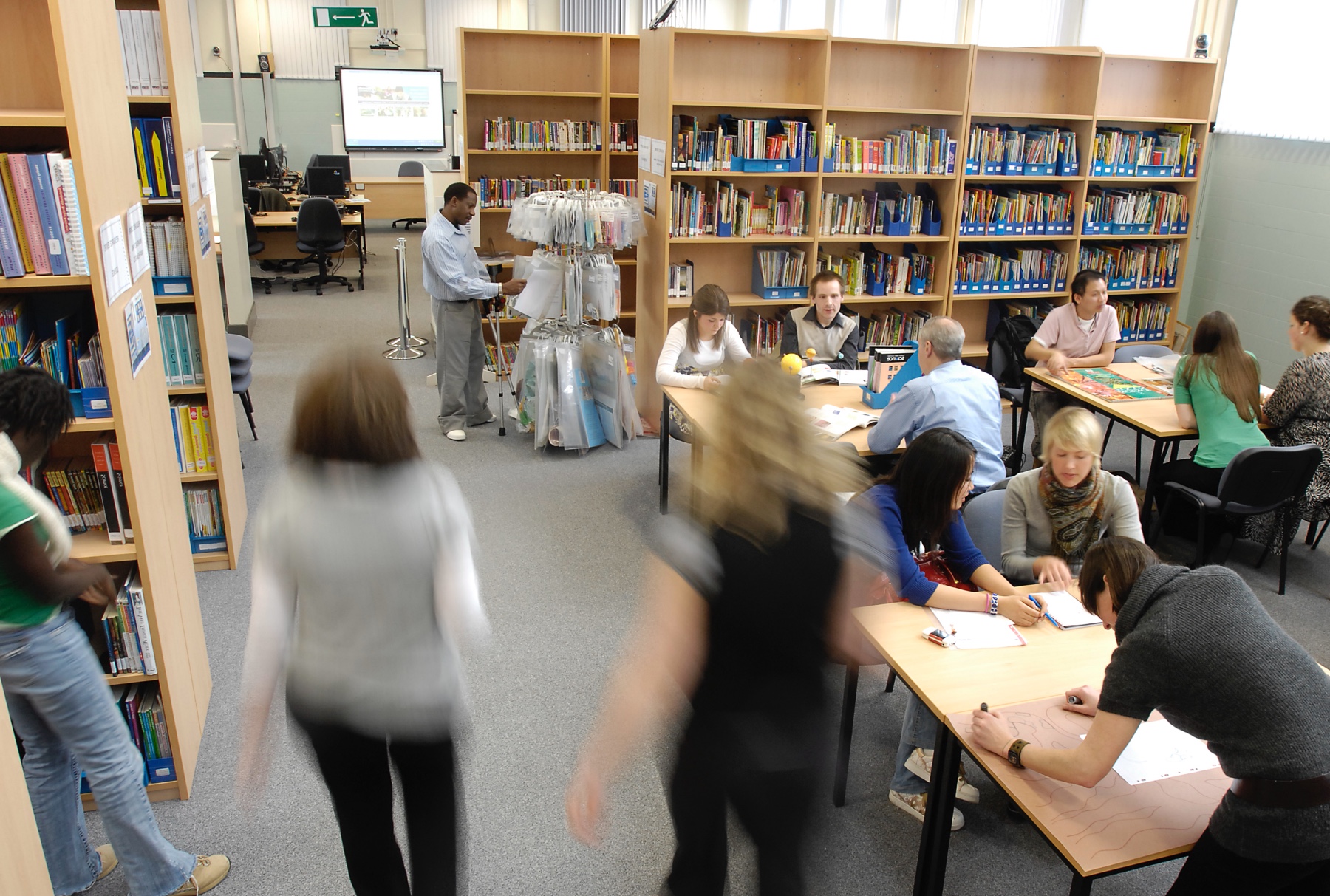Our Research Environment
In the School of Education, Communication and Language Sciences researchers work within and across disciplines to create a nurturing and exciting research environment.
Thriving research culture
The environment is a key determinant of a thriving research culture. The School of Education, Communication and Language Sciences (the School of Education, Communication and Language Sciences) the research environment can be described in as four circles as follows.
Our research environment is our people: our staff, our research students and our partners, both within academia and beyond. We aim to foster an interactive space for discussion and for collaboration, within and beyond the School.
Supportive
We run regular research seminars. Academics from Newcastle and invited external speakers present. Ideas are discussed and debated. There are bid writing and paper writing groups to support staff. There are a number of labs within the School. The iLab supports educational innovation and language learning. The LingLab to supports empirical linguistics.
The School Research Committee meets regularly to support research and development. It acts as an interface between University research initiatives. It organises activities within the School such as research away days and conference funding. In the School of Education, Communication and Language Sciences we have two Units of Assessment (UoA) for the Research Excellence Framework (REF 2021). These are UoA 23 Education and UoA 26 Modern Language and Linguistics.
the School of Education, Communication and Language Sciences sits in the Humanities and Social Sciences (HASS) Faculty at Newcastle University. The Faculty oversees all the research in its Schools. It supports research staff through courses and training. It offers small research funds to support specific initiatives such as the early stages of major bid writing.
Collaborative
We have strong links with the other Schools that also contribute to Linguistic research (UoA 26) at Newcastle University (School of English Literature, Language and Linguistics and SML as School of Modern Languages).
Our researchers are involved with The Newcastle University Research Humanities Institute (NUHRI) and the Newcastle University Institute for Social Science (NISS). This enhances our research environment.
We're actively involved in the development of the NUCoRE (Newcastle University Centre for Research Excellence) initiative. Researchers across the School of Education, Communication and Language Sciences are members of NUCoRE centres.
National
At a national level, many researchers from the School of Education, Communication and Language Sciences contribute to the work of professional bodies in both a professional and a research capacity. They attend government committees, sit on the editorial boards of journals and run research projects across the country. We partner with practitioners involved in research all over the country. The benefits of engaging with practitioners, researchers and policymakers on a national level feed directly into the research culture of the School with its strong focus on engagement and societal impact.
International
Much of our research is international in nature. Our research environment is inherently international across staff, students, partners and the focus of our research. We strategically access internationally facing funding to enable the formation of an extended research environment. This includes the EU Marie Curie, Cost Action and NORFACE programmes and the Newton Fund.
We also access funding, stakeholders and collaborators through other international organisations where the School of Education, Communication and Language Sciences researchers have developed ongoing professional relationships.
In recent years we have opened up many opportunities through the Global Challenges Research Fund. These enable the School of Education, Communication and Language Sciences researchers to coordinate and conduct projects with partners oversees. It also enriches the School of Education, Communication and Language Sciences' research environment through knowledge exchange and networking events.
